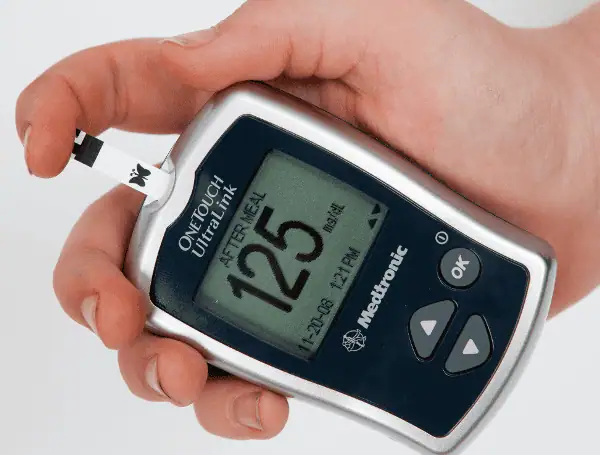A recent study conducted by the University of Florida’s Institute of Food and Agricultural Sciences (UF/IFAS) has demonstrated the positive impact of telehealth in expanding access to specialist medical care for residents of rural communities.
The study, led by UF/IFAS Family, Youth and Community Sciences assistant professor Melissa Vilaro, focused on patients with Type 2 diabetes in rural Florida counties and found that telehealth appointments were both successful and positively received.
READ: Hillsborough County Hosts Second Dementia Symposium: Building A Dementia-Friendly Community
The research addressed the significant challenge faced by rural residents, who often live hours away from specialist medical facilities. Participants, many of whom had never used telehealth before, utilized kiosks located in Hamilton, Bradford, Dixie, and Lafayette counties to connect with UF endocrinology nurse practitioners.
Funded by the UF Clinical Translational Science Institute (CTSI) and utilizing telehealth kiosks established through a USDA National Institute of Food and Agriculture pilot program grant, the study aimed to assess patient perceptions of telehealth as a solution to healthcare access disparities in rural areas.
With 46 million U.S. adults living in rural areas, transportation barriers are a common obstacle to accessing healthcare. The study highlighted that up to one-fifth of patients cite transportation as a reason for missing scheduled appointments.
READ: Dispose Of Medications Safely, Protect Hillsborough Waterways At “Operation Medicine Cabinet”
Vilaro and her UF/IFAS colleagues collaborated with the UF College of Medicine, including Dr. William Donahoo, chief of endocrinology, to conduct the research, which was published in mHealth.
Patients, who previously faced lengthy travel times of up to two hours for in-person appointments, were able to receive care near their homes through telehealth.
“This is a newer technology. One of the concerns in the academic literature about telehealth is that people think they might not have as good of an experience because they aren’t there in person,” Vilaro said. “But once people actually experience telehealth, they have a good opinion of it.”
Participants appreciated the convenience of avoiding long-distance travel, with some noting that the telehealth kiosks were just minutes from their homes.
READ: Florida Healthcare Provider Charged With $50,000 Medicaid Fraud
“This project is really about access and understanding how rural environments might benefit from emerging technologies like telehealth,” Vilaro said. “For many rural residents, the lack of reliable internet or the assumption that telehealth would provide a subpar experience has been a barrier. But once patients try it, the feedback is encouraging — they value the convenience and quality of care.”
Please make a small donation to the Tampa Free Press to help sustain independent journalism. Your contribution enables us to continue delivering high-quality, local, and national news coverage.
Connect with us: Follow the Tampa Free Press on Facebook and Twitter for breaking news and updates.
Sign up: Subscribe to our free newsletter for a curated selection of top stories delivered straight to your inbox.
